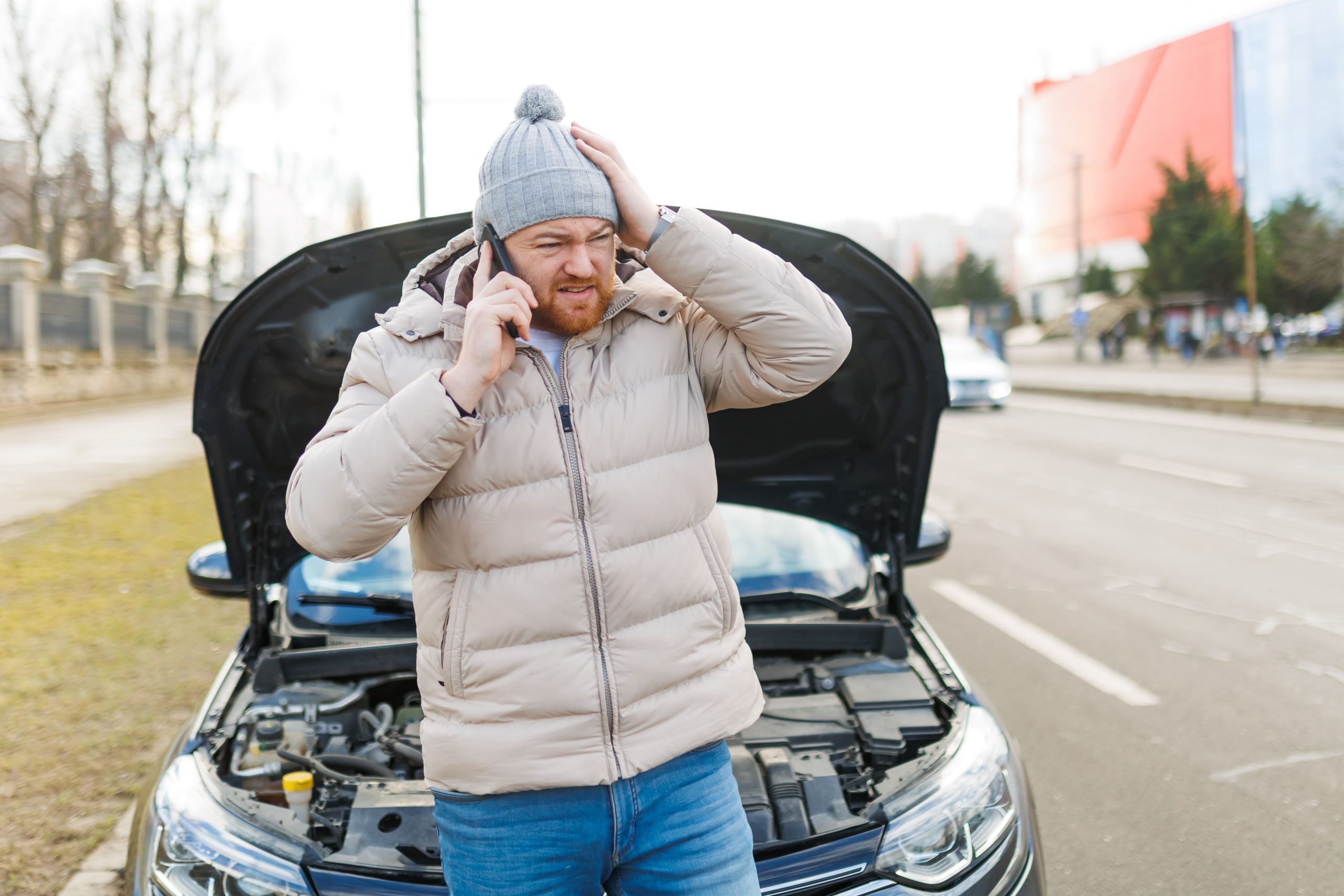
Managing an Emergency Situation
It is essential to recognize when an emergency has arisen and take immediate action to protect yourself and those around you. This may mean evacuation or shelter-in-place until emergency responders arrive on the scene.
Crisis can strike in an instant, and your safety depends on how quickly you react and take steps to mitigate further harm to yourself or others. Here are some tips for responding swiftly and safely:
Recognize an Emergency
Be able to recognize several warning signs that an emergency may exist, and act quickly if possible. For instance, if you spot smoke or fire, call for assistance immediately.
Stay Calm
If you can’t keep your cool during an emergency, making decisions or responding quickly won’t be possible. In fact, heightened emotions could cause you to make poor choices that could prove life-altering. So try your best to remain composed during these trying times by staying calm.
Focus on Your Breathing
Focusing on your breathing can help to keep you calm during an emergency. It also helps relax you, enabling you to think clearly and respond with more rational thought.
Breathe deeply to boost oxygen levels in your brain and give yourself a physiological edge during an emergency. This is especially crucial if you’re not well-trained in first aid.
Listen carefully to the individual’s breathing and make sure they have a pulse. If not, begin CPR immediately.
Move the injured person to a secure area where they can be monitored until emergency services arrive on the scene. This could be in a vehicle, on the ground or inside of a building.
Communicate With the Wounded
While waiting for rescuers to arrive, communicate with the victims to distract their focus away from pain and help them stay positive about their condition. You may also use this time to collect information about any medical conditions the victim might have so that emergency personnel can treat them accordingly.
Gather as much information about the emergency and those involved as you can without putting yourself or others in jeopardy.
To gain knowledge about an emergency, it’s best to observe it closely, assess the situation and seek out additional support. This can be done by asking others about the crisis or simply watching the scene to gain a sense of what’s going on.
Once you have gathered as much information about the emergency as possible, it is important to quickly pass it on to emergency responders. Doing so will enable them to make appropriate decisions on your behalf and guarantee that you receive the highest level of care and protection as quickly as possible.
It’s wise to assemble an emergency kit. This should include a flashlight, spare batteries and other useful items in case of an unexpected crisis.
